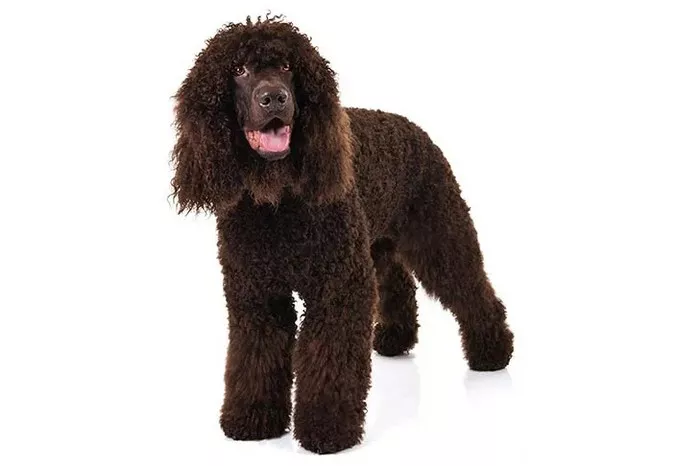On October 24, 2024, the New South Wales (NSW) Labor Government introduced new legislation designed to improve puppy and dog welfare across the state. This Bill, developed in close collaboration with industry experts and animal welfare advocates, seeks to establish comprehensive standards for dog breeders, addressing long-standing concerns regarding animal health and welfare.
This legislative initiative, a commitment made during the recent election campaign, aims to align NSW laws with community expectations surrounding animal care. Key provisions of the Bill include:
Breeder Identification: For the first time, breeders must obtain a Breeder Identification Number from the NSW pet registry. This measure is intended to enhance transparency within the breeding sector and assist prospective puppy owners in making informed decisions.
Lifetime Litter Limits: The Bill imposes a limit on the number of litters that a fertile female dog can have in her lifetime: a maximum of five natural litters or three via caesarean section, whichever limit is reached first.
Care Standards: To ensure adequate care for breeding dogs, the legislation mandates one staff carer for every 20 adult dogs, guaranteeing that these animals receive necessary food, water, and attention.
Breeding Premise Cap: A cap of 20 fertile female dogs per breeding facility has been established, with severe penalties for violations. Individuals may face fines of up to $110,000, a two-year prison sentence, or both, while organizations could incur penalties of up to $550,000.
This Bill aims to eliminate puppy farming by instituting a robust regulatory framework that ensures good animal welfare without overburdening responsible breeders.
While the legislation will cap the number of fertile dogs at breeding premises, it also allows breeders with more than 20 fertile dogs to apply for a limited exemption valid for ten years, providing them time to scale down their operations responsibly.
Historically, New South Wales has lacked a mandatory registration system for breeders, leading to widespread unethical practices. Without stringent regulations, some breeders operated facilities housing dozens, if not hundreds, of dogs without providing adequate care.
The majority of the Bill’s provisions will come into effect in December 2025, allowing time for the government to implement an education campaign aimed at breeders, dog owners, and potential puppy buyers.
NSW Minister for Agriculture Tara Moriarty emphasized the community’s concern for dog welfare, noting that “with half of all households having a dog at home, there is significant community concern about the welfare of these dogs as puppies and about the practice of puppy farms.”
She acknowledged that while most breeders act ethically, the community has voiced strong opposition to large-scale, unregulated breeding practices. The government is committed to enhancing animal welfare and ensuring accountability within the breeding industry.
“This Bill is about stopping the bad apples of this industry while supporting good and professional people who prioritize the health and welfare of their animals,” Minister Moriarty stated.
Minister for Local Government Ron Hoenig added, “People expect that any dog purchased from a breeder has been treated well and has not been exploited by dishonest puppy farmers to turn a profit. This Bill applies a strict regulatory framework to provide the government with greater oversight to ensure all breeders comply with animal welfare standards.”
Stephen Albin, CEO of the Animal Welfare League NSW, expressed strong support for the legislation, highlighting its potential to crack down on unethical breeders and improve animal welfare standards. He pointed out the increase in breeding activity since COVID-19, which has led to a surge in dogs entering shelters and complicating efforts to find loving homes for abandoned pets.
“This Bill will help ease the pressure on our shelters and allow us to rehome dogs that have been surrendered or abandoned,” Albin concluded.
Related topics:
Chile Launches World-First Vaccine to Temporarily Sterilize Dogs


